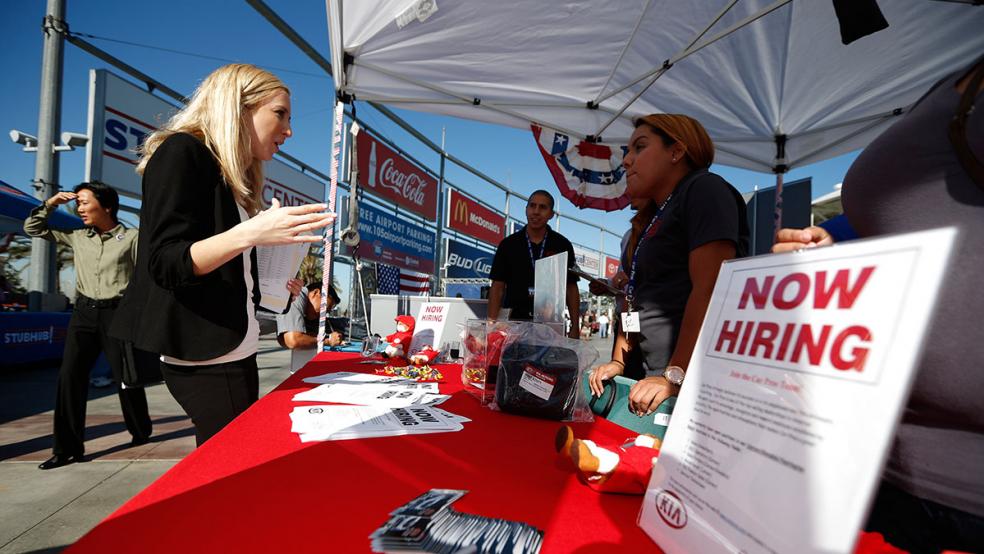In a bid to force more people back into the workplace, a group of mostly Republican governors cut off federally enhanced unemployment benefits in their states in June, weeks before the program is scheduled to end in early September. Many economists expressed doubts about the effectiveness of that strategy, arguing that the situation in the labor market is extremely complex, with millions of workers remaining on the sidelines for a variety of reasons unrelated to unemployment benefits, including fear of infection from Covid-19 and ongoing problems with childcare.
Although data is still coming in, the results so far suggest that the elimination of temporary enhanced unemployment benefits is not having the desired effect. According to a new report from Homebase, which manages payroll and other administrative tasks for small businesses, states that cut benefits actually saw a slight decrease (-0.9%) in employment from the middle of June to the middle of July, while states that did not end the federal program prematurely saw an increase in employment (+2.3%).
Some economists have argued that ending the benefits early could have a negative effect, with the loss of income for thousands of unemployed workers putting downward pressure on business activity. Though it’s too early to answer that question definitively, it does appear that eliminating the benefits is not helping employment. “The evidence -- both statistical and anecdotal -- continues to pile up that states which ended the UI expansion early didn't see any kind of employment boon from it,” Bloomberg’s Joe Wiesenthal tweeted.



